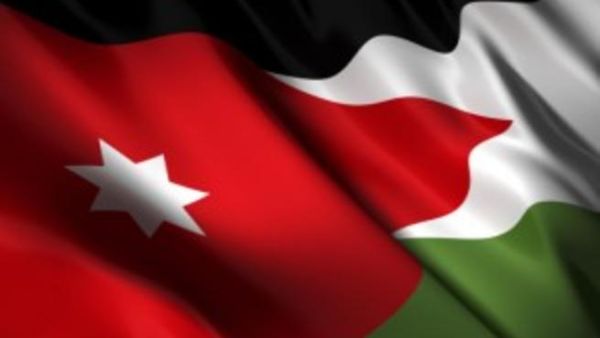Jordan's first nuclear reactor will be operational in 2019, adding an additional 1,000 megawatts to the countrys electricity generation capacity, according to Minister of Energy and Mineral Resources Khaled Toukan.
The reactors construction is a bid to meet a projected 6 percent annual rise in electricity demand and planned water mega-projects such as the Red-Dead canal, he said in a statement to The Jordan Times.
The Jordan Atomic Energy Commission (JAEC) is currently reviewing financial bids from three short-listed vendors - Canadian AECL, Russian Atomstroy Export and a French-Japanese joint venture comprising AREVA and Mitsubishi Heavy Industries - for the construction of a Generation III reactor in Majdal near Mafraq, some 40 kilometres northeast of Amman.
JAEC officials are expected to announce the preferred technology provider by the end of the year before entering a several-month negotiation period with the selected firm, with a final agreement to be sealed in mid- to late-2012.
But for some Mafraq residents, the rapid progress of the Kingdoms nuclear programme comes as unwelcome news. Fayez Madarmeh, head of Irhamouna (have mercy on us) - a coalition of activists, environmentalists, residents and charity societies united against the establishment of a reactor in Mafraq - claimed that the Kingdoms nuclear programme suffers a lack of public participation. There are no checks on this programme.
Officials are acting independently while citizens concerns are not being heard, he claimed. Activist groups such as Irhamouna, who in recent months have held protests at the Ministry of Energy and Mineral Resources in Amman and the proposed reactor site itself, vow that whoever is selected to construct the countrys first reactor will face local opposition.
Madarmeh pointed to WikiLeaks cables alleging that JAEC officials met with their Israeli counterparts at the urging of US diplomats as proof that the change in reactor site from Aqaba was made due to political, rather than financial considerations. Everyone knows that Israel did not want a reactor in Aqaba, and now they are placing it in our own backyard, he said. JAEC officials have reiterated that the relocation of the reactor site came after feasibility studies revealed that additional safety measures required for a site in Aqaba, a seismically active area, would have raised construction costs by 15 percent. In addition to seismic stability, officials highlight the presence of the nearby Khirbet Al Samra Wastewater Treatment Plant to provide water for reactor cooling as among the advantages of the Mafraq site.
As part of efforts to drum up support for their anti-nuclear drive, activists are preparing to hold a national conference on the nuclear programme later this year to highlight the potential dangers posed by the proposed reactor. The event, which is to feature the participation of political parties, professional syndicates and scientific experts, aims to challenge the feasibility of the countrys nuclear drive, according to Irhamouna.
The conference comes as the JAEC prepares to launch its own public outreach campaign to dispel misinformation surrounding the programme and highlight atomic energys safety record. Jordan has prioritised nuclear power as key to weaning the country off energy imports, which are projected to cost 22 percent of its gross domestic product by the end of 2011. In addition to health and environmental concerns, anti-nuclear activists point to potential costs and the widening budget deficit as grounds to freeze the programme.
Energy officials list stable electricity costs and the presence of the Kingdoms uranium reserves - estimated at over 100,000 tonnes - as among the strategic advantages of nuclear power.
Taylor Luck








